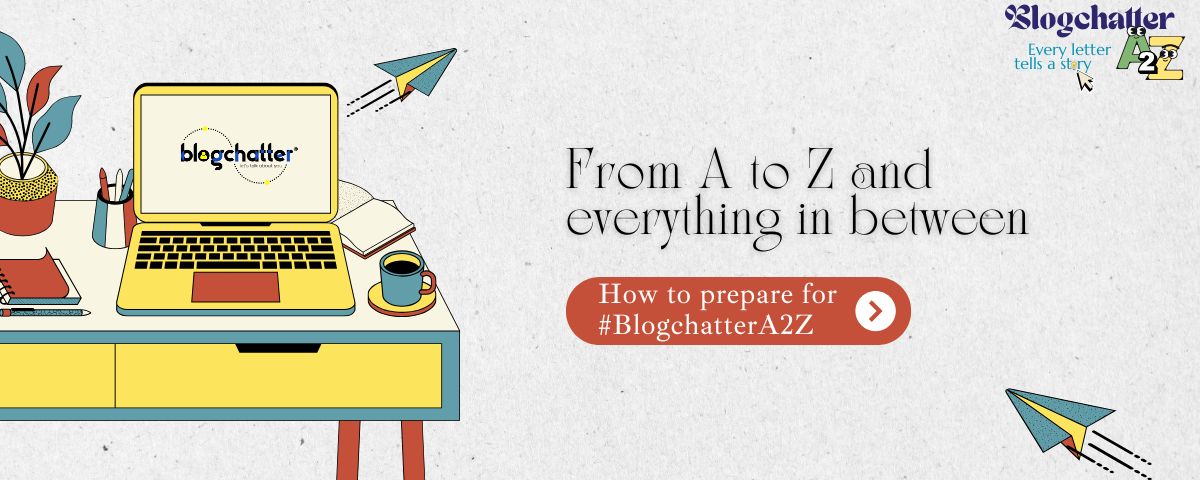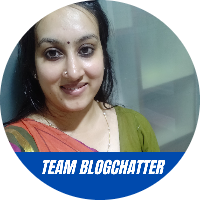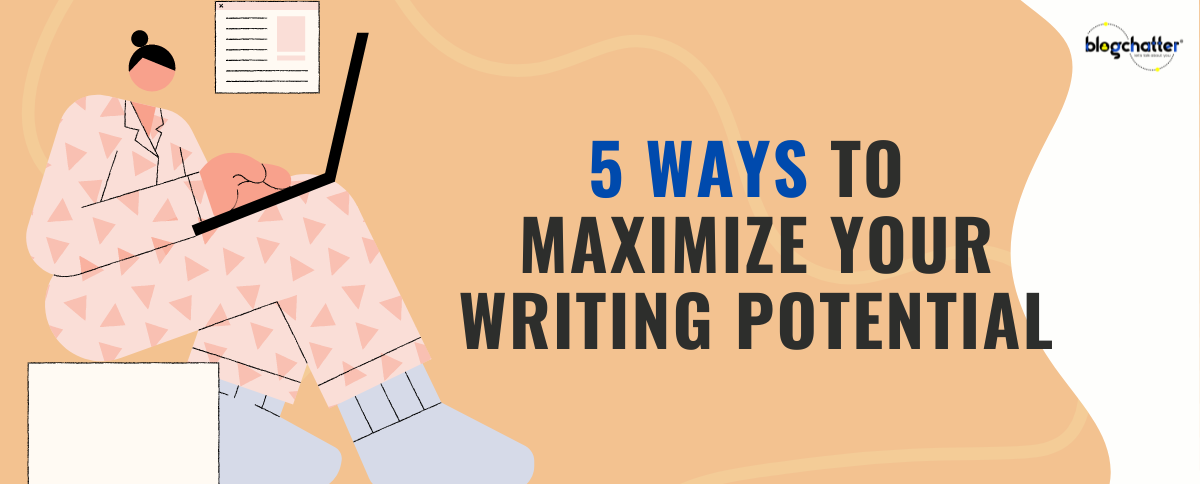Editing your own work is a necessity when you are submitting your article for publishing. You writing piece may be edited by a professional editor later but at the time of submission it should meet certain guidelines of grammar, correct word usage, no typos or punctuation errors. The article must have a clear structure and flow. Self editing is critical for a writer.
There are many kind of writers and every one of them can benefit from an initial round of self editing.
So, roll up your sleeves and get to self editing. Use these tips.
- Put a little distance between your work and you by spending time away from it. Sleep over your work and edit in the morning. You can edit after a day or even a week depending on how much time you have before you submit.
- Edit in a different frame of mind. You can change the formatting, use a different font in the digital file or even take a printout to see your own work in a new light.
- Dissociate from your writing and look at it as a reader. Check for flow of thought and whether the takeaway is clear enough.
- Read your work aloud. If there is a cadence and a rhythm and the sentences flow effortlessly, it is going to make for a pleasing reading experience.
- Use a proofreading tool like Grammarly or your word processor’s inbuilt spell check and editing tools.
Here is a comprehensive checklist for self editing your work.
HEAR THE TAKE OF THE PROFESSIONAL ON SELF EDITING
- Be dispassionate. As a wiser soul once said, kill your darlings.
- Read what you have written aloud. It should have a certain rhythm, a grace. If it doesn’t, rework it.
Neil D’Silva: When self-editing, look at your draft as a reader would, and try to forget that you wrote it. This will throw up the weak areas better. If time permits, give it a few days after you complete the draft to begin editing.
Puspanjalee: Never, never edit while you write. Turn off the Grammarly or whatever spellcheck/grammar tool you use. I sit on the first draft for at least 24 hours before I edit it. It helps me to take a new perspective and scrutinise the piece from another angle.
- Once the first draft is done, do not go back to it immediately. Keep it aside for a few weeks and then look at it.
- While editing, ask yourself, as a reader would I read this or skip this.
- You are your first editor but don’t rely blindly on your skill in the matter. After writing and reading your work over a period of time, you’ll develop blind spots. That’s natural. Hence you must filter your work through capable family members/ friends/ beta readers/ qualified editors. 3 good checkpoints are good.
- After you are finished with multiple drafts and your final edits and checks are thoroughly done, resist the temptation to return to it. It’ll never be perfect in your head, but you need to learn where to stop and send it out.
Kanchana: Self editing is best left to a professional. Don’t try to self edit. Spend money to hire a good editor and your MS will shine. Editing is a very difficult art and don’t try to do this on your own.
Ready to send us your pitch for guest posts? Check this post out for all the deets.






